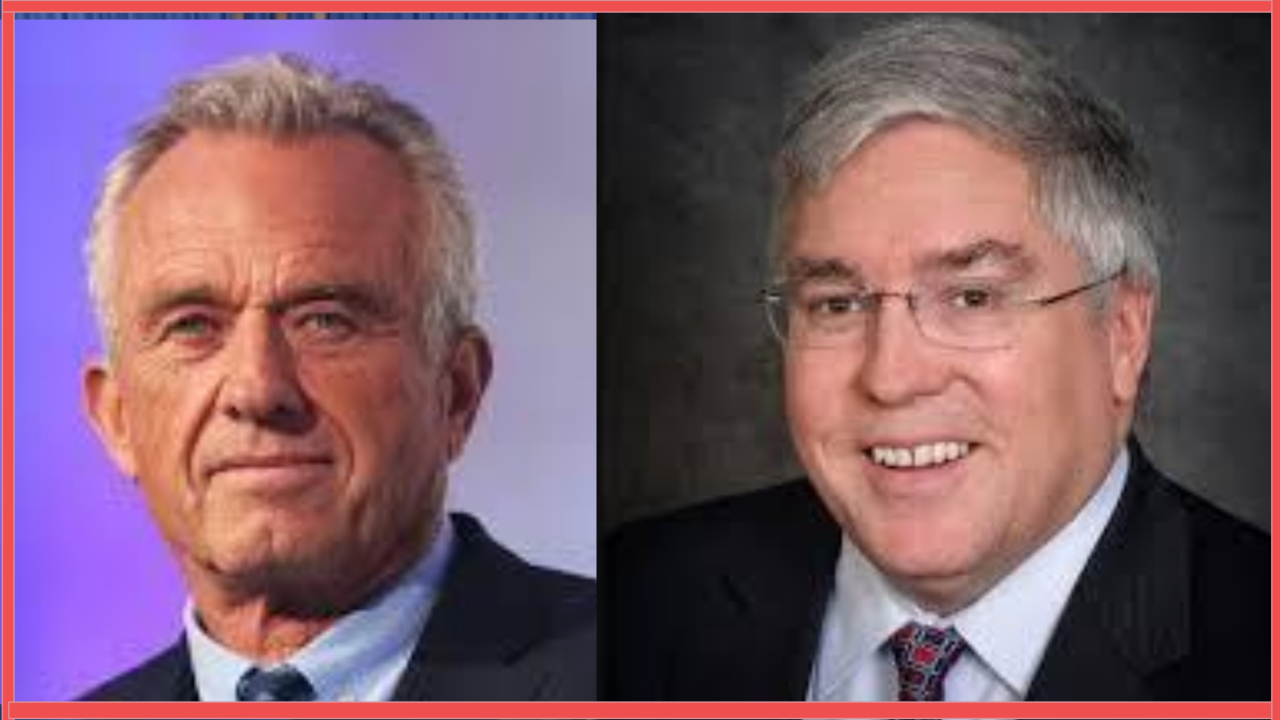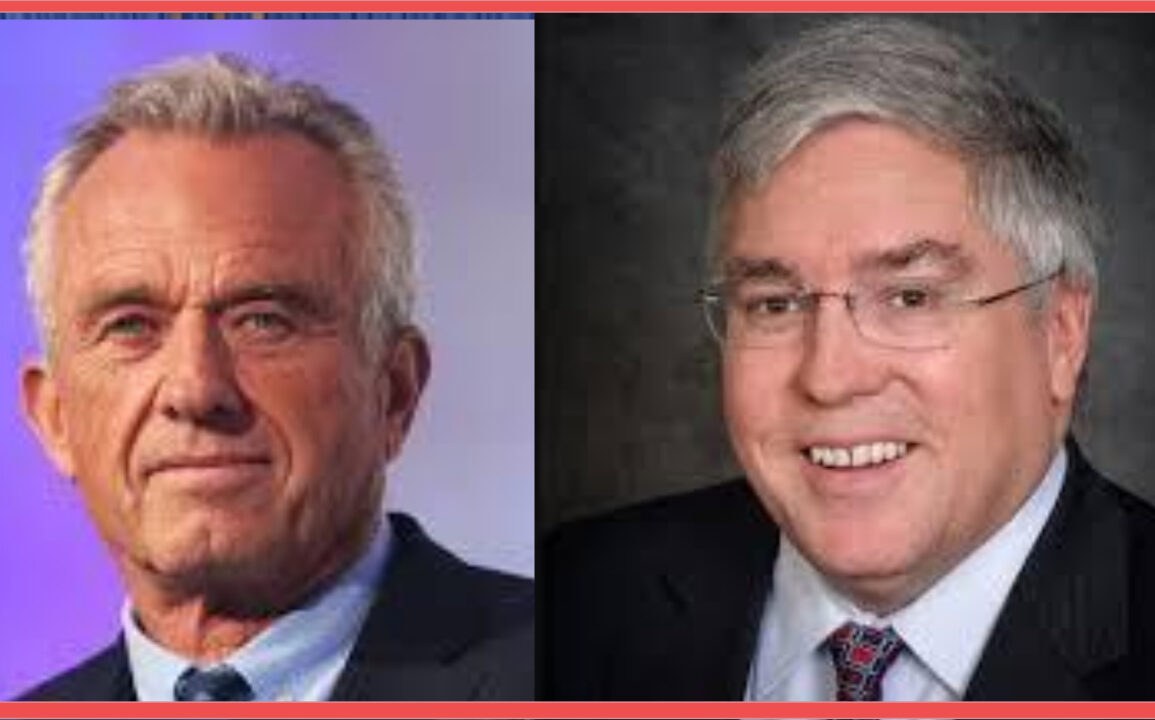
In a bold and deeply personal commitment to statewide wellness, Governor Patrick Morrisey, alongside U.S. Health and Human Services Secretary Robert F. Kennedy Jr., unveiled the Four Pillars of a Healthy West Virginia — a transformative, whole-person health initiative set to reshape the state’s future. More than a policy platform, the pillars represent a healing path for West Virginians — not only physically and mentally, but economically.
From a Health Crisis to a Holistic Comeback
Addressing a packed auditorium at St. Joseph’s, Governor Morrisey openly acknowledged West Virginia’s dire health rankings: leading the nation in obesity, diabetes, heart disease, ADHD diagnoses, and low life expectancy. Yet his tone was one of resolve, not resignation.
“We can change this,” he said. “And I will walk this journey with you. I’m committing to follow the Four Pillars of Health — not just as policy, but in my own life.”
He pledged to lead by example, embracing healthier habits and a lifestyle rooted in purpose, movement, and clean eating.
The Four Pillars: A Wellness Framework for the Future
- Clean Up the Food
West Virginia has become the first state to ban harmful synthetic dyes and additives in school meals — substances linked to learning disorders, hormone disruption, and cancer. “Our kids deserve better,” Morrisey said. “And now, they’re going to get it.” - Find Purpose, Find Health
With the nation’s lowest workforce participation rate, the state is expanding training and education requirements for SNAP recipients to promote purpose, work ethic, and long-term health. “Work is moral. It strengthens mind and body,” the governor emphasized. - Move Your Body, Change Your Life
Through the new Mountaineer Mile initiative, residents are challenged to walk at least one mile a day. “Exercise is medicine — for your body, your spirit, and your community,” Morrisey said, joking that RFK Jr. may now be his “personal trainer.” - Reward Healthy Choices
West Virginia will seek federal waivers to realign SNAP benefits to favor fresh produce, lean meats, and whole foods — while removing soda and ultra-processed foods from taxpayer subsidies. “Let’s make sure public funds support health, not harm,” Morrisey said.
RFK Jr.: Health Is the Foundation of Economic Strength
Secretary Robert F. Kennedy Jr. called the initiative “visionary,” praising the governor’s courage in standing up to powerful corporate lobbies. But he also made clear that the stakes go beyond health — they’re economic.
“We now spend $1.3 trillion a year on chronic disease,” Kennedy said. “That’s 90% of our health care budget. It’s the largest driver of national debt. And if we don’t reverse course, it will bankrupt us.”
He cited alarming trends: skyrocketing rates of obesity, infertility, diabetes, mental illness, and cancer — all linked to ultra-processed diets. “When my uncle was president, only 3% of Americans had chronic disease. Today, it’s 60%,” he noted.
Kennedy warned that without radical change, America will soon spend more on debt service — much of it tied to health care costs — than on national defense. “You can’t have a strong country with a sick population,” he said. “Fixing food is a patriotic act.”
A Unified Front: Policy, Community, and Purpose
Legislators across both chambers backed the initiative, inspired by grassroots advocacy from local groups like the “Maha Moms.” Chairwoman Laura Chapman pointed to the urgency of food deserts, especially for children. “We’re doing this for the next generation,” she said.
House Health Chair Evan Worrell, a father of seven with one on the way, shared how his wife’s leadership at home led him to champion reform in the legislature. “We’re not done. We’re just getting started,” he said.
A Moment of National Significance
The event culminated in the ceremonial signing of a letter of intent to request multiple SNAP waivers. Surrounded by schoolchildren and community leaders, Governor Morrisey issued a clear call to action:
“In West Virginia, we’re not just climbing mountains. We’re moving them. We’re embracing the Four Pillars — not just to feel better, but to live better, work better, and build a stronger future for our families, our economy, and our state.”



